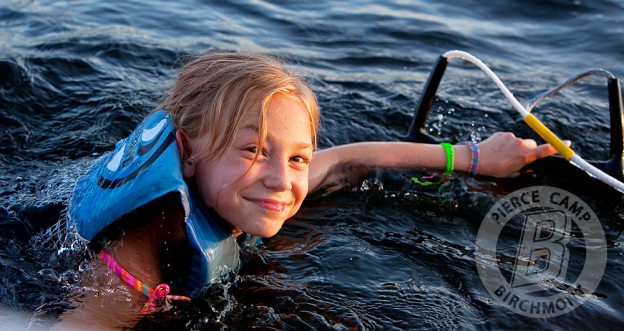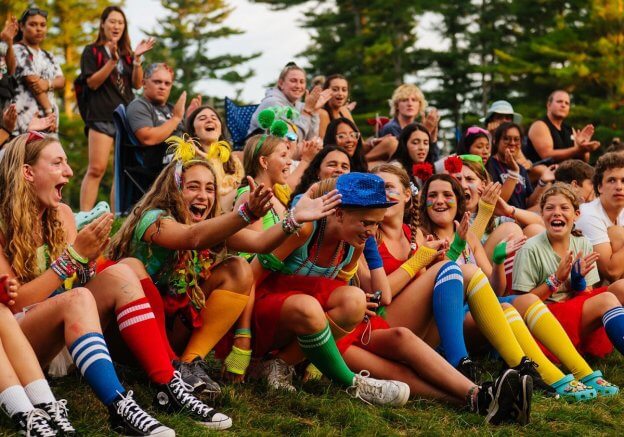The best age to go to overnight camp depends on the individual child and their maturity level, interests, and comfort level with being away from home. However, many overnight camps typically accept children between the ages of 7 and 15. Here are some things to consider when determining the best age for your child to attend overnight camp:
Readiness for being away from home: Children who have previously attended sleepovers or been away from home for short periods of time may be more comfortable with the idea of overnight camp than those who have not. It’s important to consider your child’s comfort level with being away from home for an extended period of time and their ability to cope with homesickness.
Ability to follow rules and routines: Overnight camps have rules and routines that campers are expected to follow, such as set meal times and bedtimes, and regulations around personal conduct and behavior. Children who are able to follow rules and routines and understand the importance of respecting others may be better suited for overnight camp.
Interest in the camp’s activities: Overnight camps offer a wide variety of activities, from sports and outdoor adventure to arts and crafts and performing arts. It’s important to consider your child’s interests and whether the camp’s activities align with those interests. Children who are enthusiastic about the camp’s activities may be more likely to enjoy their time at camp and build strong relationships with their peers.
Maturity level: Some children may be more mature than others at a certain age, and it’s important to consider your child’s emotional maturity and ability to handle social situations, conflicts, and responsibility. A child who is mature for their age may be better suited for overnight camp than a child who is still developing these skills.
Overall, the best age to go to overnight camp varies from child to child, and it’s important to consider each child’s individual needs and interests when making the decision. It can be helpful to involve your child in the decision-making process and encourage them to share their thoughts and feelings about attending overnight camp.
 Camp Birchmont
Camp Birchmont


